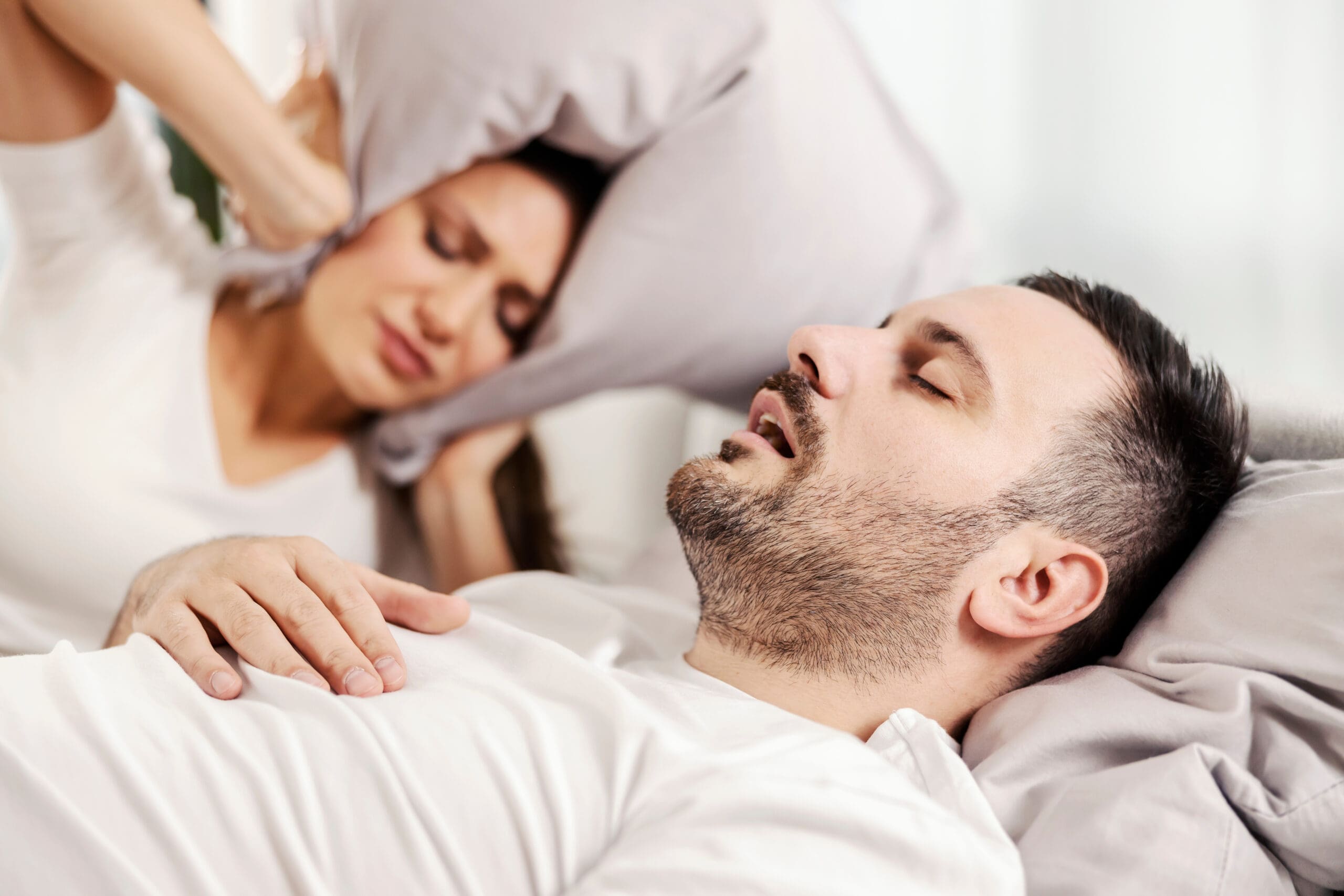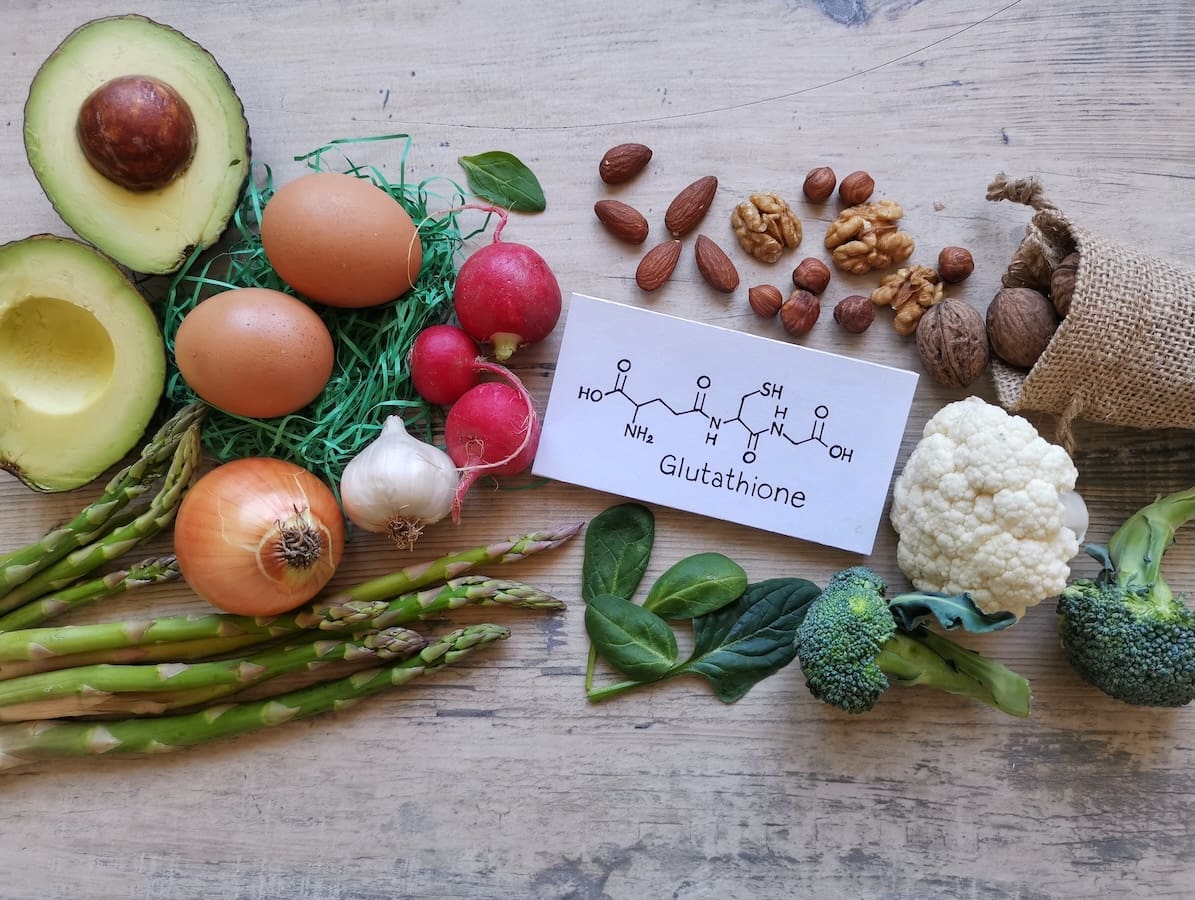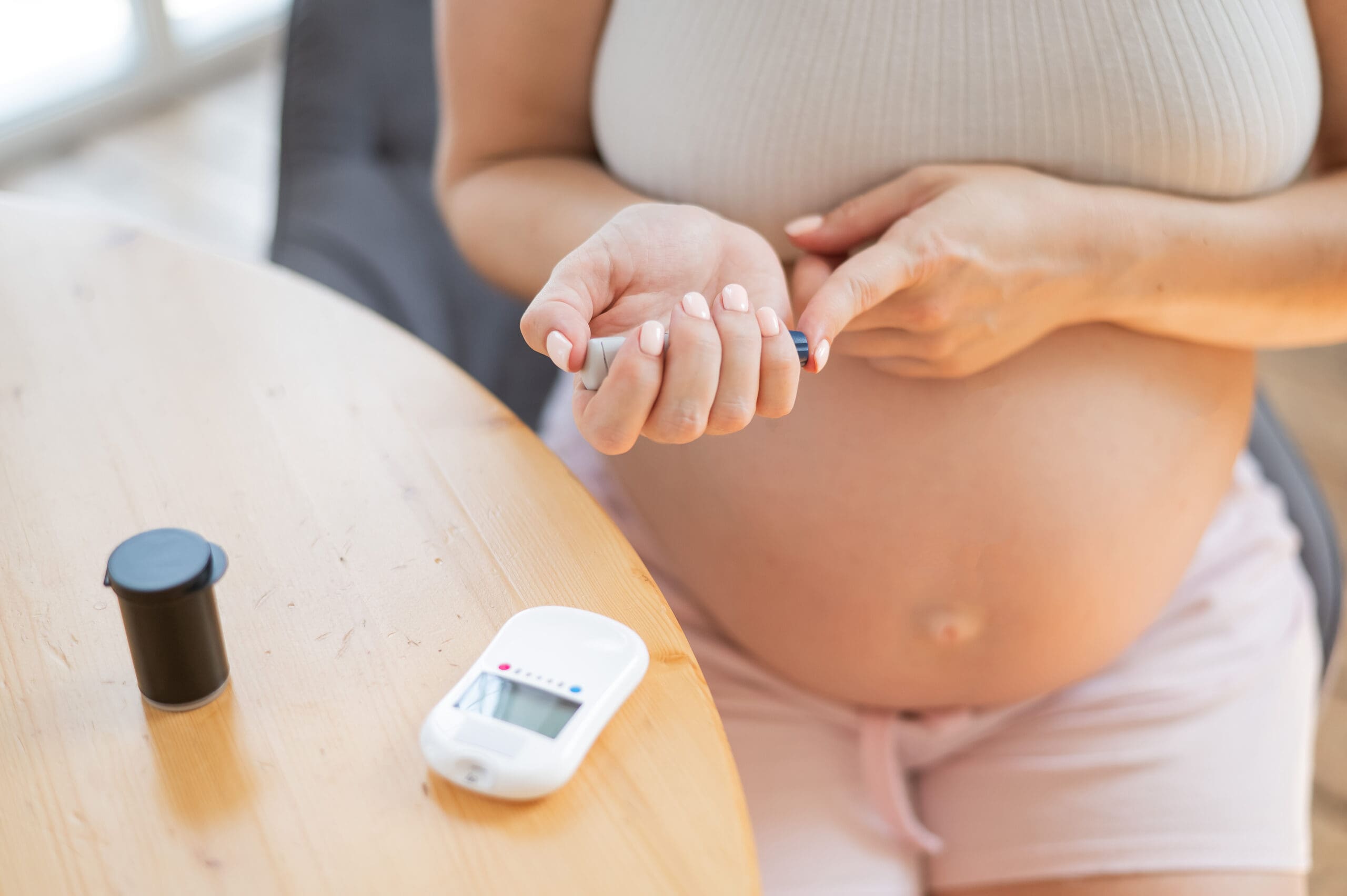High sugar diet raises risk of depression
By naturopath Margaret Jasinska
A recent study has found that people who consume the most sugar have a 33 percent higher risk of depression. This finding was based on data from 18,400 participants who completed the Centers for Disease Control and Prevention National Health and Nutrition Examination survey between 2011 and 2018.
After two interviews, researchers gathered information on daily sugar intake based on the sum of sugar content in all the foods and beverages they consumed in the past 24 hours. They assessed depression levels based on a questionnaire. The investigators also gathered data relating to age, gender and health history.
High carbohydrate foods can temporarily make you feel relaxed, soothed and satisfied, but if you eat too much sugar, you might start to feel heavy and sluggish and over time, you can also gain weight. This often results in feeling unhappy, irritable, and agitated and often leads to health problems like a fatty liver, type 2 diabetes and heart disease.
Most people know that eating too much sugar isn’t good for their health. Unfortunately sugar can be extremely addictive. Some people crave it all day long and aren’t able to stick to a healthy diet for long.
Effective ways to reduce your sugar intake

Try to minimize stress.
If you are chronically stressed, it’s almost impossible to look after yourself and eat well. When you are stressed, your adrenal glands release the hormone cortisol. This causes you to lose more magnesium via your urine. Many people are already magnesium deficient because it’s difficult to get enough of this vital mineral through diet. If stress has depleted your body of magnesium, you will be prone to restlessness, may have trouble sleeping and your ability to handle stress will be diminished. This can become a vicious cycle and then sugar is used as a coping mechanism. Taking a magnesium supplement with your evening meal should help you feel more relaxed and improve sleep quality.

If you know your diet hasn’t been great lately, you would benefit by doing the 15 Day Cleanse.
It is a program designed to improve gut, liver and immune system function. It comes with an easy to follow and delicious meal plan. It’s a great way to start feeling better quickly and get your diet on track.
Intestinal dysbiosis raises the risk of sugar addiction. This means there is an imbalance between good and bad gut bugs. Some species of bacteria or yeast demand an almost constant supply of sugar. Ultimate Gut Health Powder can help to restore your gut to its best possible health.

Try to mostly eat home cooked meals.
You don’t need to count calories, weigh, or measure your foods. Just eat natural, unprocessed foods and trust your appetite. No animal in the wild has the ability to count calories; they just eat when they are hungry and stop when they’re satisfied, and are able to maintain a healthy weight. Factory foods such as corn chips, pretzels, cookies and confectionary are specifically engineered to make you eat in an out of control manner, feeling like you can’t stop once you’ve started. If you are prone to binge eating or have a food addiction, it’s critical to stay away from those foods. If you cook your own meals from healthy basic ingredients, you are far more likely to achieve natural appetite control without the struggle.

Plan and organise your meals ahead of time.
People who plan their meals are more likely to stick to eating healthy foods. Impulsive decisions often lead to unhealthy meals and snacks that ruin your diet plans. There is an eating plan in the book I Can’t lose weight and I don’t know why that is flexible and full of variety, so you should not get bored with the foods.

Obtaining adequate sleep is important for getting hunger and cravings under control.
If you don’t sleep well or get inadequate sleep, you are far more prone to make emotional rather than rational decisions when it comes to eating. Lack of sleep also raises the hunger hormones in your body, so you will genuinely feel hungrier. So rather than getting out of bed at 5 am to exercise, you are better off staying in bed and getting more sleep. Exercise is important, but not at the expense of good quality sleep. If your sleep quality is not good enough; you may want to try a magnesium supplement.









I have a small section of Barrett’s oesophagus. I’ve managed to wean myself off nexium but the doctor wants me to go back on it. My oesophagus was inflamed at the start of the year but I’ve been avoiding the foods that inflame it but the latest show I have a small section of the above.
Any suggestions to heal my oesophagus without taking PPI’s?
Hi Erica,
I understand that Dr Cabot has since replied to your query.
Kind regards,
Jessah Shaw
Nutritionist